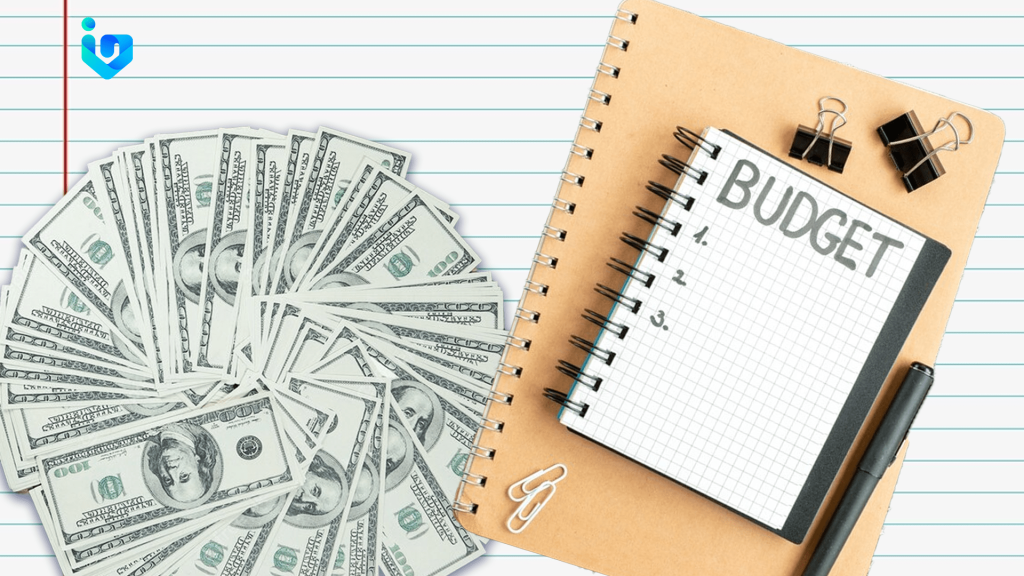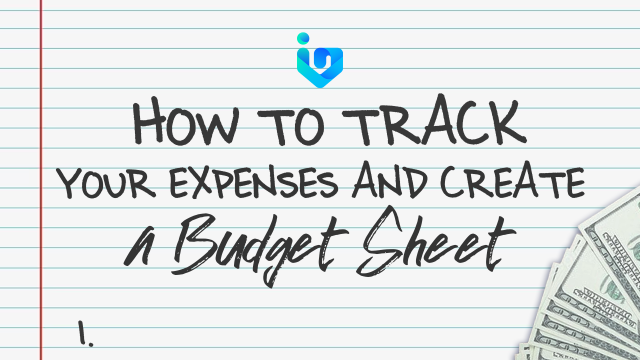Managing personal finances is essential to have financial stability and avoid spending beyond your budget. Creating a budget sheet may help you to be frugal and be responsible with your finances.
This article delves into the significance of expense tracking and guides you through the process of creating an effective budget sheet.
The Significance of Tracking Expenses
Everyone knows the line “with great power comes great responsibility.” This applies to our own finances as well. Either through an allowance or when you start earning a salary, the freedom to spend as much as we want can cause us to overspend.
Even just tracking daily expenses through your phone can help you a lot! You’ll find out where your money goes, and you can better assess where you should focus your funds on.
To track your expenses, what you can do is to gather all your financial records, such as receipts and bank statements. Create categories for your expenses, such as groceries, transportation, entertainment, and utilities. Utilize spreadsheets, budgeting apps, or even pen and paper to record every transaction accurately. By consistently updating this record, you’ll be able to observe patterns, identify areas of excess, and make necessary adjustments.
How to Create Your Budget Sheet

Once you’ve listed down your monthly expenses, The next step is to create a comprehensive budget sheet. A budget is a roadmap for your financial journey, ensuring that your resources are allocated accordingly. Here’s how you can go about creating an effective budget sheet:
- Determine Your Income: Calculate your monthly income from all sources. This includes your salary, allowances, and any additional income streams.
- List Fixed Expenses: List down your fixed monthly expenditures, such as rent, mortgage payments, insurance premiums, and loan repayments. These are non-negotiable expenses that need to be accounted for.
- Categorize Variable Expenses: Categorize your variable expenses, like groceries, dining out, transportation, entertainment, and shopping.
- Allocate Savings: Dedicate a portion of your income to savings and investments. This is crucial for building an emergency fund and securing your financial future.
- Set Financial Goals: Define short-term and long-term financial goals. Allocate funds towards these goals within your budget, such as paying off debt, buying a car, or saving for a vacation.
- Calculate the Difference: Subtract your total expenses, including fixed and variable costs, from your income. A positive difference indicates that you’re living within your means, while a negative one highlights potential overspending.
- Adjust and Refine: Regularly review and adjust your budget to align with changing circumstances. Life events like pay raises, new expenses, or unexpected costs may necessitate modifications to your budget sheet.
Keep In Mind
In a world dominated by consumerism and financial intricacies, being responsible with your finances is not just a choice, but a necessity. Tracking your expenses and creating a budget sheet serve as the pillars for achieving financial stability and realizing your dreams. By Embracing budgeting practices, you embark on a journey towards financial freedom, allowing you to manage your money rather than letting it manage you.

